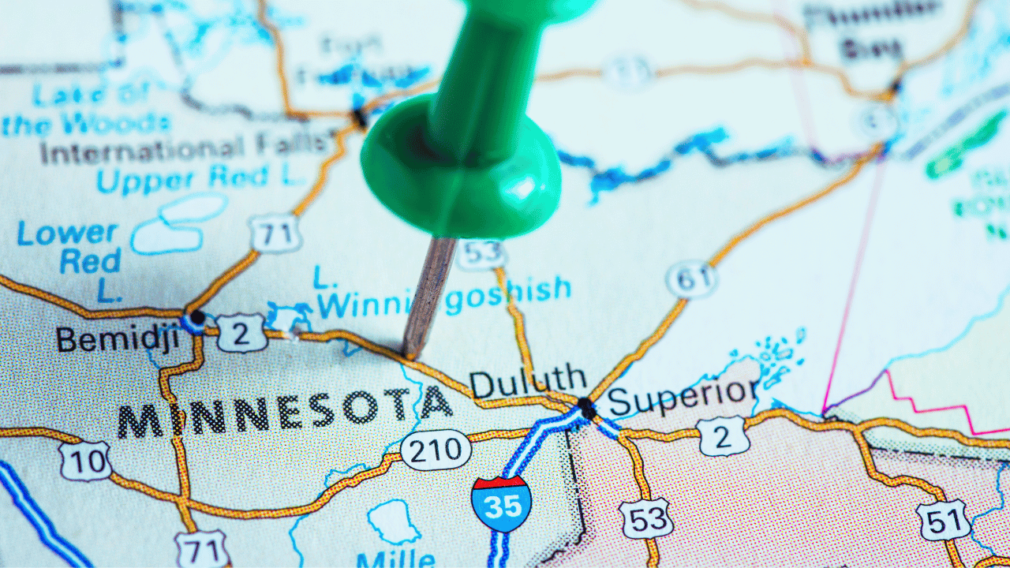Minnesota Lawmakers Eye 2026 for Sports Betting Push
Key Minnesota lawmakers are gearing up for another push to legalize sports betting in 2026, expressing a renewed commitment to passing a bill that would grant the state’s tribal nations exclusive control over the new market. Despite years of failed attempts and a complex political landscape, proponents are hopeful that a carefully crafted compromise, dubbed the “Minnesota Model,” can finally break the long-standing legislative deadlock.

The “Minnesota Model”: A Tribe-Centric Approach
At the heart of the new legislative push is a proposal, SF 757, that is the product of over six years of negotiations between the state’s key stakeholders. The bill is designed to balance the interests of the state’s tribal nations, the horse racing industry, charitable gaming organizations, and professional sports teams.
The key components of the “Minnesota Model” include:
- Tribal Exclusivity: The state’s Native American tribes would be the sole operators of sports betting in Minnesota. This is a critical provision, designed to protect the tribes’ existing gaming operations and recognize their central role in the state’s gambling industry.
- A 22% Tax Rate: The bill proposes a 22% tax on net digital sports betting revenue.
- A Unique Revenue Sharing Plan: The tax revenue would be distributed across a wide range of state interests, including:
- 45% to charitable organizations.
- 15% to the horse racing industry.
- 15% to an “equalization” fund to support smaller tribes.
- 10% to problem gambling and responsible gaming programs.
- 10% to a fund for attracting major sporting events.
- 5% to youth sports programs.
“Legalizing sports betting will make people’s lives better and help all of our communities across the state,” said Andy Platto, Executive Director of the Minnesota Indian Gaming Association (MIGA).
A Treacherous Political Landscape
Despite the carefully crafted compromise, the path to legalization remains fraught with challenges. The state’s political landscape is notoriously difficult, with a nearly evenly divided House of Representatives and a Senate controlled by a single vote. This razor-thin margin means any successful bill will require significant bipartisan support.
The legislative environment has been further complicated by recent instability, including the loss of key allies who have either retired or are running for higher office.
State Senator Nick Frentz, one of the bill’s champions, pointed to a more fundamental obstacle than the financial details of the bill. He noted that deep-seated moral objections to gambling expansion remain a major hurdle.
Despite the challenges, proponents are cautiously optimistic. Public support for legalization is strong, with a recent poll showing that 67% of Minnesotans are in favor of it.
The recent election of Representative Zack Stephenson as the new DFL House leader is also seen as a positive development. Stephenson, a former champion of sports betting legalization, has a strong working relationship with the state’s tribes.
The lawmakers leading the charge, including Senator Frentz and Representative Brad Tabke, have expressed their unwavering commitment to continuing the fight in 2026. They argue that a regulated market is a far better alternative to the current, multi-billion dollar illegal online market, which offers no consumer protections and no benefit to the state.
Recommended
